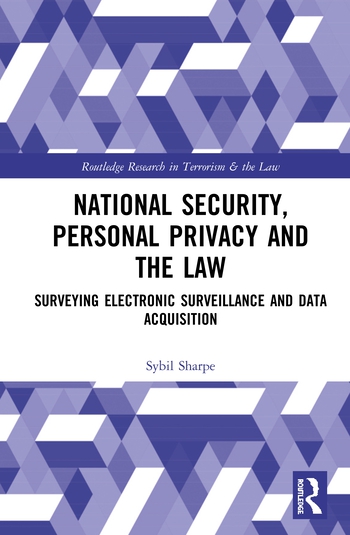An interesting question asked by clients in regard to contracts is, “Can I limit the time in which the subscriber has to file a claim against the company, notwithstanding the fact that the statutory state of limitations may provide a longer time?” A form of the abovementioned question came before the United States District Court for the Southern District of Indiana.
In the case, the plaintiff acquired a burglar alarm system from an alarm company for use in his home. In his complaint, he indicated that the alarm activated for no apparent reason. It also emitted a sound so loud that by time he disarmed the system, he had sustained permanent damage to his hearing. The alarm company filed a motion to dismiss the complaint, arguing that the plaintiff’s claims were barred because he did not bring his claims within one year of the incident, as required and stated in the contract.
The court denied the defendant alarm company’s motion, finding that the one-year limitation did not apply, that the alarm company did not owe plaintiff a common law duty because the first count against the plaintiff was about the contract, and the plaintiff did not disclaim all implied warranties.
The defendant alarm company filed a motion to reconsider, arguing the court’s ruling contains manifest errors of law.
The district court in discussing the motion, pointed out that under paragraph 10 of the alarm company contract, signed by the plaintiff, it provided, “You agree to file any lawsuit … you may have against us … within one year from the date of the event that resulted in the loss, injury, damage or liability or the shortest duration permitted under applicable law if such period is greater than one year."
The court pointed out that it interpreted paragraph 10 as providing for a limitations period that is either one year from the date of the event that resulted in the loss, or the shortest period which is permitted under Indiana law?…?in this case, two years (for negligence or products liability claims). Because the plaintiff filed the complaint within two years of the date of the injury, the court originally found that the claims were not barred by the statute of limitations.
The defendant argued that the court’s interpretation was incorrect because importing a longer statute of limitations rendered the one-year limitation period superfluous. The court went on to say that the defendant alarm company’s interpretation was supported by the Indiana courts of appeal, citing a number of decisions, and noting that the one year contractual limitation of action provision, was upheld, is valid and enforceable.
The plaintiff argued that his case was not a breach of contract action, but rather it was a products liability action. The court reasoned that plaintiff would have had a stronger argument were it not for the fact that the limitations provision encompasses “any lawsuit or other action” he may have against the alarm company for “loss, injury, damage or liability….” The courts stated that because the plaintiff signed the contract, he was bound by that provision.
The court added that the tougher issue was whether Indiana has a specific, as opposed to a general, “applicable law” that would extend the limitations provision beyond one year. The plaintiff failed to point the court to a “specific” Indiana statute directed at limitations provisions in residential service contract. The court then went on to say that the courts have regularly held that unless a contractual provision contravenes a statute or public policy, “actions on a policy that are brought after the expiration of the limitation period provision will be barred.”
Thus, the court found that the plaintiff was indeed bound by the one-year limitation contained in the alarm company contract, and the plaintiff’s motion for reconsideration was granted and the defendant was dismissed from the lawsuit.
Readers Ask
QUESTION:
I am an alarm dealer. I use subcontractors to install my systems on occasion. It has recently come to my attention that one of the subcontractors I use, who is licensed, used an installer who works for him and who may not have been licensed. Do I have any exposure?
ANSWER:
Yes, you may have. In California subcontractors must be properly licensed with the Bureau of Security and Investigative Services. Even though the subcontractor is licensed, his employees must also be properly licensed. If not, then there can be exposure. That is the law in the State of California. It may vary in other states, so before dealing with the subcontractor, make sure what the law is in your state and make sure that your subcontractor complies.
To ask Les Gold a question, e-mail sdm@bnpmedia.com.








